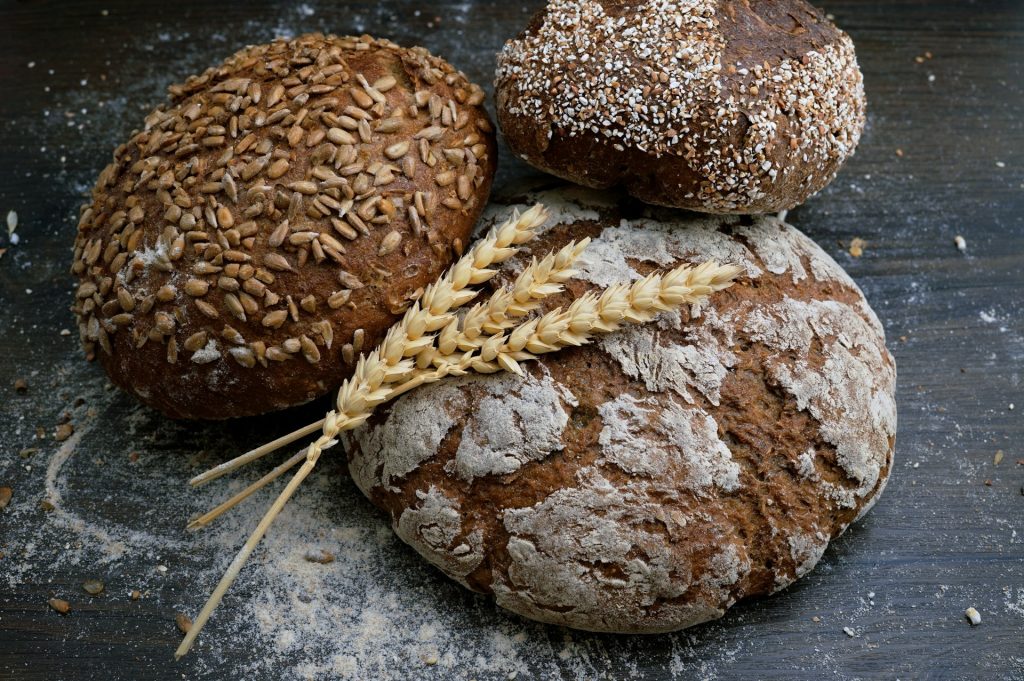Your metabolic rate plays a crucial role in how your body burns calories and manages weight. While certain foods can boost metabolism, others can have the opposite effect, slowing it down and making it harder to maintain a healthy weight. Understanding which foods to avoid can help you make better dietary choices and support your metabolism. Here are some common culprits that may hinder your metabolic rate.

1. Sugary Foods and Beverages
High-sugar foods and drinks, such as soda, candy, and pastries, can lead to insulin resistance and fat storage. Excess sugar consumption may also contribute to weight gain and metabolic syndrome.
- Why to avoid: Sugary foods provide empty calories without nutritional value, leading to spikes in blood sugar and subsequent crashes that can sap your energy and slow metabolism.

2. Processed and Refined Carbohydrates
Foods like white bread, pastries, and many snack foods are high in refined carbs. These foods can cause rapid increases in blood sugar levels, leading to insulin resistance and fat storage.
- Why to avoid: Processed carbs often lack fiber, which is essential for digestion and can help keep you feeling full. Without fiber, your body may struggle to regulate its metabolic processes.
3. Trans Fats
Trans fats, often found in processed foods like margarine, baked goods, and fried snacks, are known to increase inflammation in the body. They can also disrupt the balance of healthy fats, affecting hormone levels that regulate metabolism.
- Why to avoid: Trans fats can lead to weight gain, especially around the abdomen, and negatively impact your metabolic health.
4. Low-Protein Diets
While not a specific food, diets low in protein can hinder your metabolic rate. Protein is essential for building and repairing tissues and has a higher thermic effect, meaning it requires more energy to digest than fats or carbohydrates.
- Why to avoid: A lack of protein can lead to muscle loss, which slows down your metabolism, as muscle tissue burns more calories than fat tissue.
5. High-Calorie, Low-Nutrient Foods
Foods that are high in calories but low in nutrients, such as fast food and processed snacks, can lead to weight gain without providing the essential vitamins and minerals your body needs.
- Why to avoid: These foods can create a cycle of overeating, where you consume more calories than your body needs while lacking the nutrients necessary for optimal metabolic function.

6. Alcohol
While moderate alcohol consumption can have some health benefits, excessive intake can negatively impact your metabolism. Alcohol is calorie-dense and can disrupt the body’s ability to burn fat.
- Why to avoid: Alcohol can interfere with the metabolism of fats and carbohydrates, leading to increased fat storage and weight gain.
Being aware of the foods that can negatively impact your metabolic rate is essential for maintaining a healthy lifestyle. By avoiding sugary snacks, refined carbs, trans fats, low-protein diets, high-calorie low-nutrient foods, and excessive alcohol, you can support your metabolism and work towards better health. Making informed dietary choices can lead to a more energetic and balanced life.
Ready to rev up your metabolism? Start by making small changes to your diet today. Replace those high-sugar snacks with healthier options, and focus on whole foods that nourish your body. Your metabolism will thank you!



